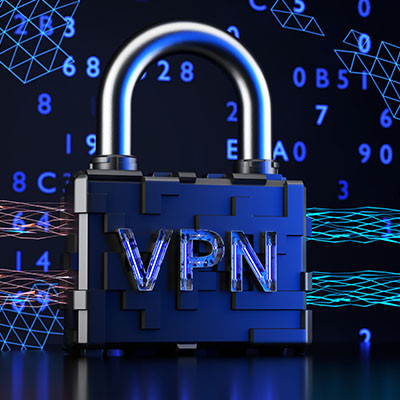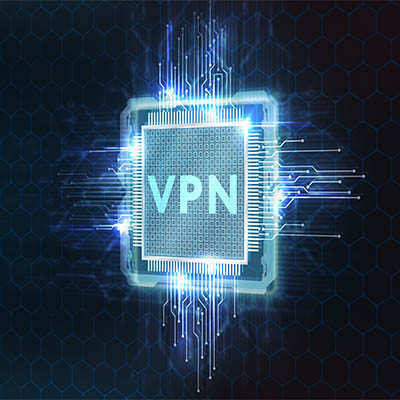Encryption is a vital tool for small businesses to protect their sensitive data from hackers. At its core, encryption converts readable data into an unreadable format using a specific algorithm and an encryption key. This means that even if a hacker gains access to the data, they cannot understand it without the corresponding decryption key. This layer of security is crucial for small businesses, which often handle sensitive customer information, financial records, and proprietary business data. By encrypting this data, businesses can ensure that it remains confidential and secure from unauthorized access.
BNMC Blog
A lot of businesses have been building out more flexible work conditions for their staff. This is mostly due to employee demand grown from COVID-era remote work. As more leeway is given and more people are able to work remotely, businesses have an issue they have to confront: data security in transit.
As a business owner, you know how difficult it can be to stay connected to the office while traveling. Despite being on the road, you’re still responsible for responding to clients, employee troubles, and other important tasks that must be addressed throughout the workday. You don’t want to use public Wi-Fi to access corporate data, so your best bet is to use a Virtual Private Network (VPN).
Even if virtual private networking is not a household term, it is, if nothing else, seemingly a pretty straightforward concept. However, there are certain complications that can make it a little difficult to understand for some users. Take, for example, the fact that there are two different types of VPNs. Let’s take a look at what makes them so different and which kind your business should prioritize.
With the COVID-19 pandemic came many organizations who were forced, at the turn of a hat, to transition to remote work rather than in-office operations. While this came with many twists and turns, ultimately, businesses managed to figure it out in the end, and it’s all thanks to remote technology. Unfortunately, one of the biggest pitfalls of working remotely—security—still plagues many organizations.
If your work requires you to store medical data, you should be aware of how important your data security is, as a problem could potentially put your business at risk of closing up shop permanently. Security has to be a priority with so many regulations setting compliance standards that must be followed. How can you balance the effectiveness of your business without undermining its security?
The Internet is rife with potential threats. Some are situational, but most are deliberate actions made by malicious entities who are trying to obtain any semblance of value from you or your company. Some of these exploits have been around longer than you’d imagine possible. This has been made evident by huge Internet-based companies such as PayPal and Facebook testing positive for a 19-year-old vulnerability that once allowed hackers to decrypt encrypted data.
As we discuss business technology, we occasionally broach topics that not everyone may be familiar with. Despite the recent media coverage that has been afforded to it, Bitcoin and blockchain technology may be a good example of one such topic. To resolve this, we’ve put together the following primer on this technology and how it will impact data security in the future.
Does your business focus enough on security? One of the best solutions that you can consider is a virtual private network, or VPN. By implementing a VPN solution, you can improve the security and privacy on your devices even while out of the office on important business trips or at conferences. What can a VPN do for your business?
 It’s natural to replace older technologies with better, more recent models. However, the future isn’t looking too bright for the world’s most common website encryption method, SHA1, which will soon be replaced by a more secure protocol. Pretty soon, browsers and devices may have some difficulty reading the latest security certificates, which could cause quite a problem if it’s not remedied.
It’s natural to replace older technologies with better, more recent models. However, the future isn’t looking too bright for the world’s most common website encryption method, SHA1, which will soon be replaced by a more secure protocol. Pretty soon, browsers and devices may have some difficulty reading the latest security certificates, which could cause quite a problem if it’s not remedied.










